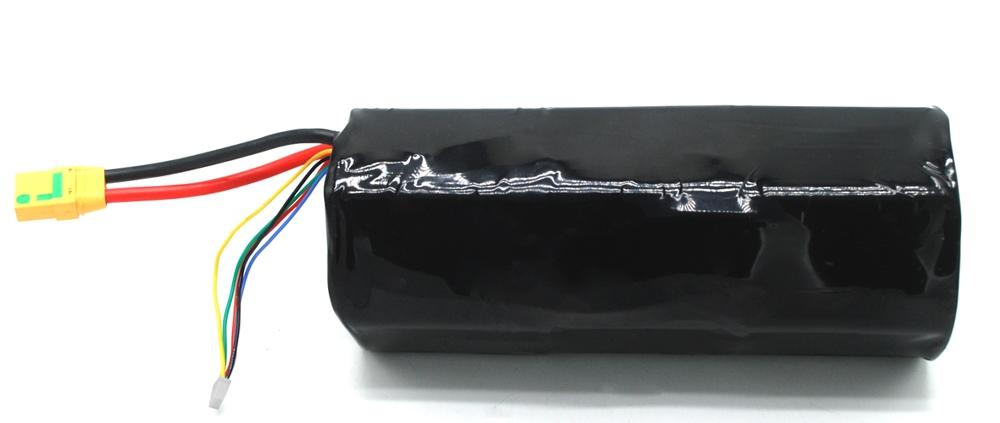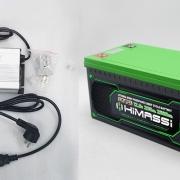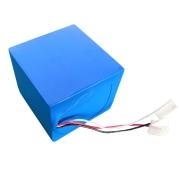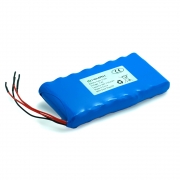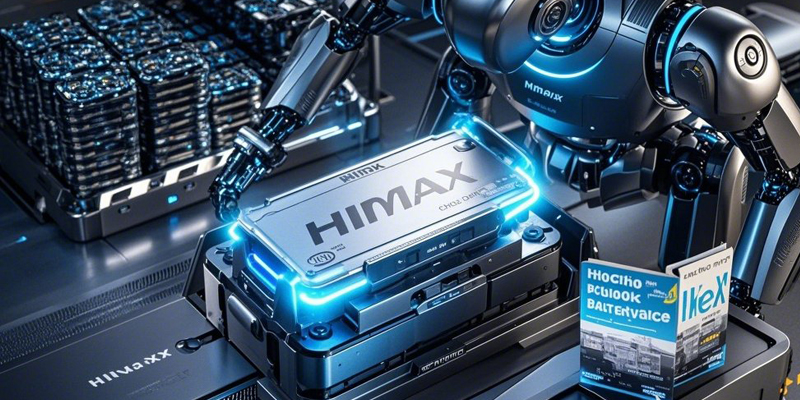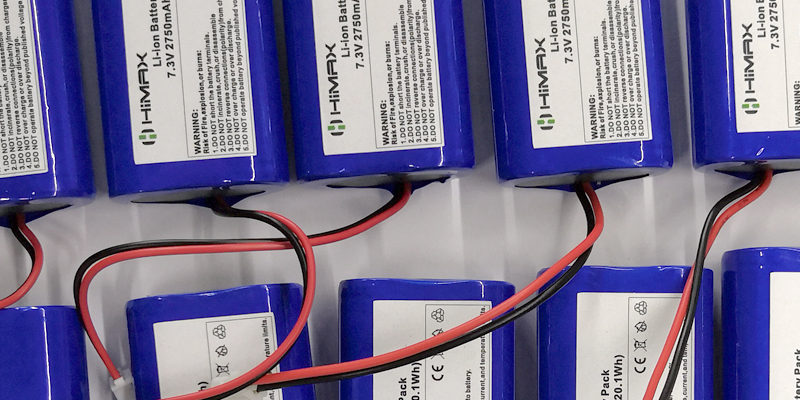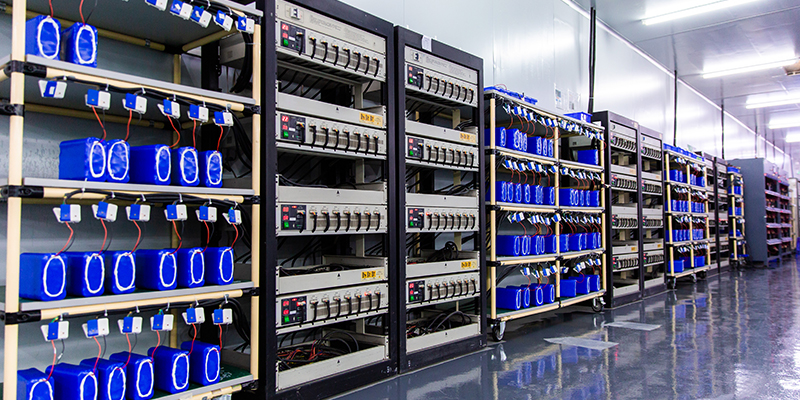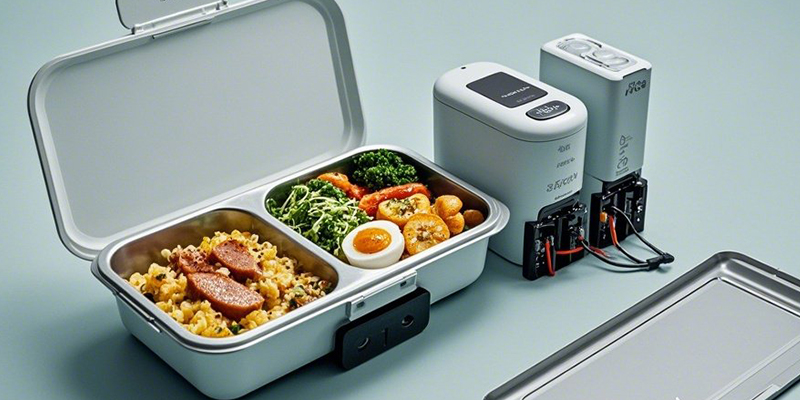Which Types of Robotics Use Lithium Batteries?
As robotics continues to shape industries from agriculture to healthcare, one thing is clear: power matters. And when it comes to energy solutions for robots, lithium batteries are leading the charge—pun intended.
In this post, we’ll break down the main types of robots using lithium batteries, why they’re the preferred choice, and what this means for the future of robotic design.
1. Lithium Batteries for Mobile Robots
Think warehouse delivery bots, autonomous floor cleaners, and security patrol robots.
Why Lithium?
- High energy density = long runtime
- Rechargeable and low maintenance
- Compact size for tight spaces
Common Uses:
- Logistics (AGVs and AMRs)
- Retail delivery robots
- Outdoor inspection robots
2. Drones & Aerial Robots
Drones rely on power-to-weight ratio more than almost any other robot—and that’s where LiPo (Lithium Polymer) batteries shine.
Advantages:
- Lightweight for flight
- High discharge rates for strong motors
- Quick recharge for repeat missions
Used In:
- Aerial photography
- Surveying & mapping
- Agricultural crop monitoring
3. Lithium Batteries for Humanoid Robots
These robots mimic human gestures and mobility, often needing high-capacity lithium-ion packs to power multiple joints, sensors, and processors.
Applications:
- Research (e.g., Boston Dynamics’ Atlas)
- Customer service bots (e.g., Pepper)
- Companion robots
Fun Fact: Some advanced humanoids use modular battery systems for longer demos without downtime.

4.Mobile Industrial Robots (MiRs)
Unlike stationary robotic arms, mobile collaborative robots (or cobots) roam production areas to transport tools, parts, or even finished goods.
Why Lithium?
- Cable-free mobility
- Low charging downtime
- Long operating cycles
These robots improve workflow efficiency, especially in flexible manufacturing environments.
5. Lithium Batteries for Agricultural Robots
From autonomous tractors to drone sprayers and fruit-picking bots, agriculture is going electric—with solar-compatible lithium packs powering the movement.
Perks:
- Operate in remote, off-grid fields
- Weather-resistant battery enclosures
- Extended runtime during harvest
6. Lithium Batteries for Medical & Assistive Robots
Whether it’s a robotic wheelchair, surgical assistant, or an exoskeleton for mobility support, medical robotics must prioritize safety and reliability—where lithium battery management systems (BMS) come into play.
Why Lithium?
- Stable energy output
- Smart BMS for patient safety
- Lightweight for wearable robotics
? Why Are Lithium Batteries So Popular in Robotics?
✅ High energy density
✅ Compact & lightweight
✅ Fast charging
✅ Long cycle life
✅ Support for smart BMS features like communication and thermal control
As robotics advances, lithium battery pack are evolving with higher discharge rates, better protection circuitry, and smart connectivity—making them indispensable across industries.
? Where to Buy Lithium Batteries for Robotics?
If you’re building or sourcing robots, here are some trusted suppliers for robot-grade lithium battery packs:
- Shenzhen Himax Electronics Co., Ltd.– Custom lithium-ion batteries for robotics
- JBD (Jikong) BMS Systems– Smart Battery Management Systems for 3S–16S packs
Final Thoughts
From the skies to factory floors, lithium batteries are powering the next generation of robotics. Their efficiency, rechargeability, and versatility make them the gold standard across robotic platforms—whether you’re a hobbyist or a high-tech enterprise.
Got a robot in mind that needs a battery upgrade? Drop a comment or let us help spec one out!
Published on April 21, 2025
By [HIMAX ELECTRONICS CO.,LTD]

